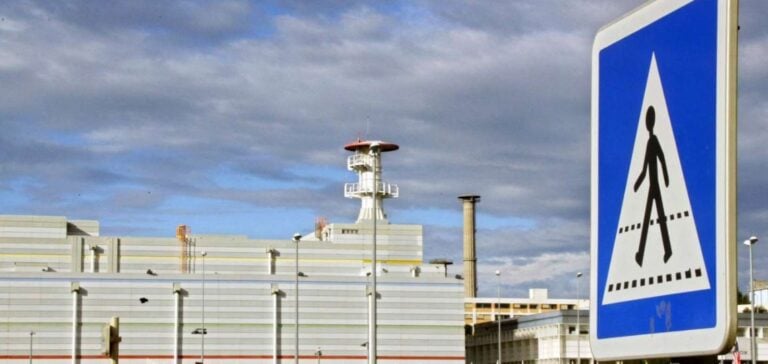The French competition authority has fined six companies suspected of “collusion” in nuclear site dismantling operations at Marcoule (Gard), for a total of 31 million euros, the authority announced on its website.
Nuclear dismantling companies fined 31 million euros
The decision published on Thursday concerns Nuvia Process (a subsidiary of the Vinci group), Endel (a former subsidiary of Engie), Bouygues Construction Expertises nucléaires (BCEN), SNEF and SPIE Nucléaire,
six companies active in “the engineering, maintenance, dismantling and nuclear waste treatment services sector”, said the competition watchdog.
Penalties were imposed according to the seriousness of the facts: 13.9 million euros for Nuvia, 11 million euros for Endel (now a subsidiary of Altrad), 6.2 million euros for BCEN, 20,000 euros for SNEF and 10,000 euros for SPIE. Total penalties amounted to 31.239 million euros.
The Bouygues group declined to comment, and the other companies contacted by AFP (Engie and Vinci) did not respond.
Anti-competitive practices in nuclear dismantling revealed
Specifically, the authority accuses them of “exchanging commercially sensitive information with a view to responding to certain invitations to tender organized by the Commissariat à l’énergie atomique (CEA) for various installations” at its Marcoule nuclear site, “in order to agree on the price levels to be offered and to share out the contracts”.
These “anti-competitive” practices were “structured” and “kept secret”, said the authority, noting, for example, that “certain participants” used personal e-mail addresses or those belonging to their family circle.
“Such practices are among the most serious breaches of competition rules, as they aim to confiscate, for the benefit of the perpetrators, the advantages that consumers and the public entity are entitled to expect from a competitive economy”, commented the gendarme.
Astronomical Cost of Nuclear Decommissioning in Full Light: 46.4 billion Euros
In particular, these practices were revealed as part of a “leniency procedure”, a process during which a company that has taken part in a cartel agrees to reveal its existence to the authorities.
In this case, Onet, a nuclear services provider, benefited from this “leniency procedure” and provided evidence to the investigation, which was subsequently supplemented by visits, seizures and hearings, enabling it to escape sanctions.
The dismantling of nuclear sites, which can take decades to complete, represents a colossal market. As envisaged by EDF, Orano and CEA, the cost of decommissioning amounted to 46.4 billion euros at the end of 2018, according to a report by the Cour des Comptes in 2020.
Why does it matter?
The French competition authority has fined six companies a total of €31 million for cartelizing nuclear dismantling operations at Marcoule.
These anti-competitive practices impact costs and transparency in the nuclear decommissioning sector, raising concerns about the management of public contracts and competitiveness in the nuclear energy industry.






















